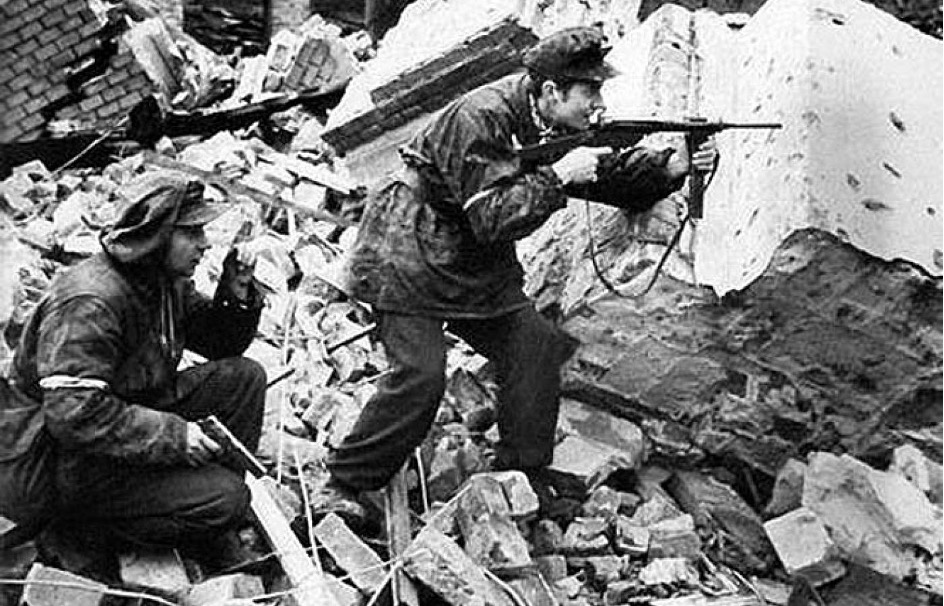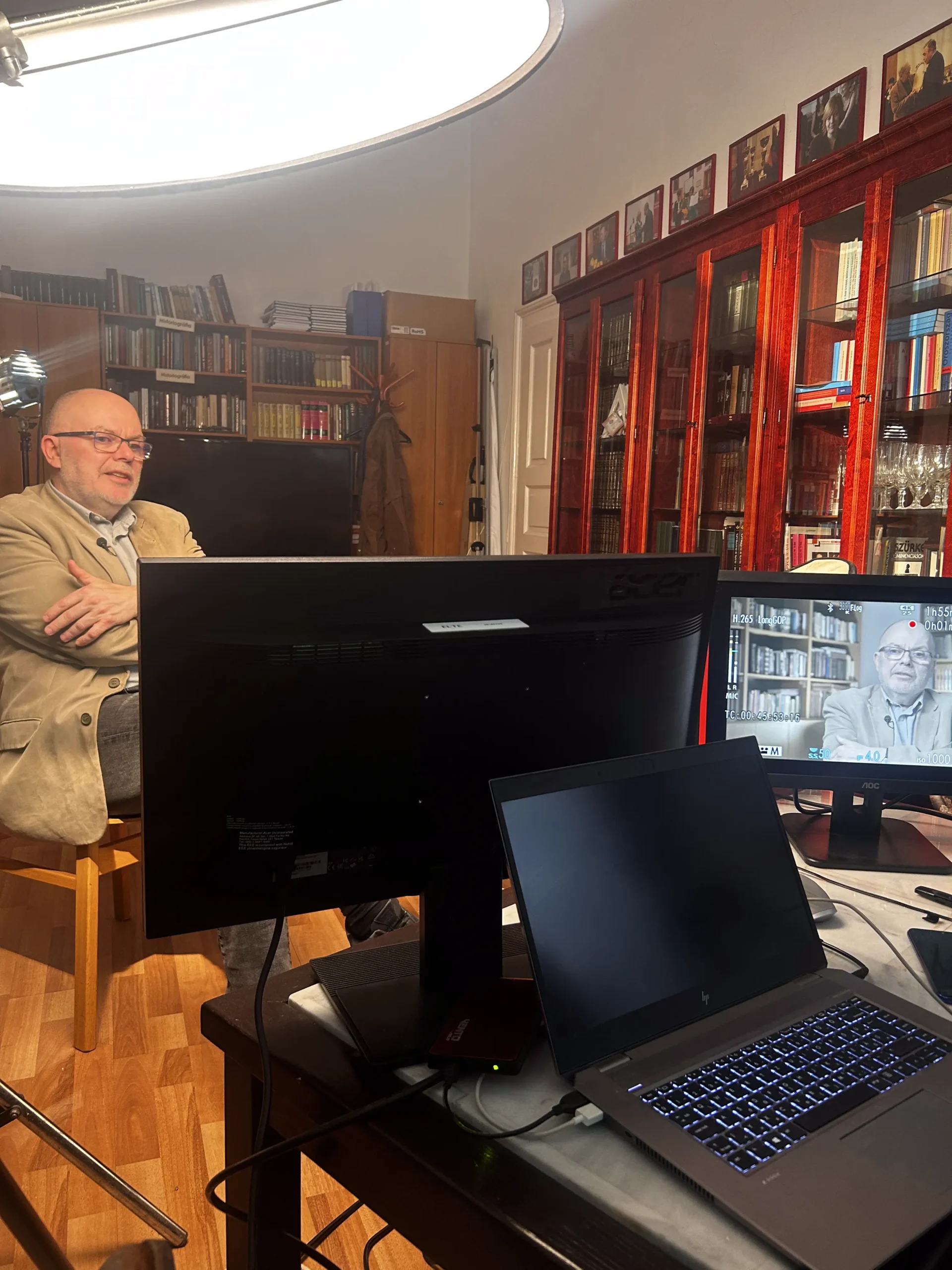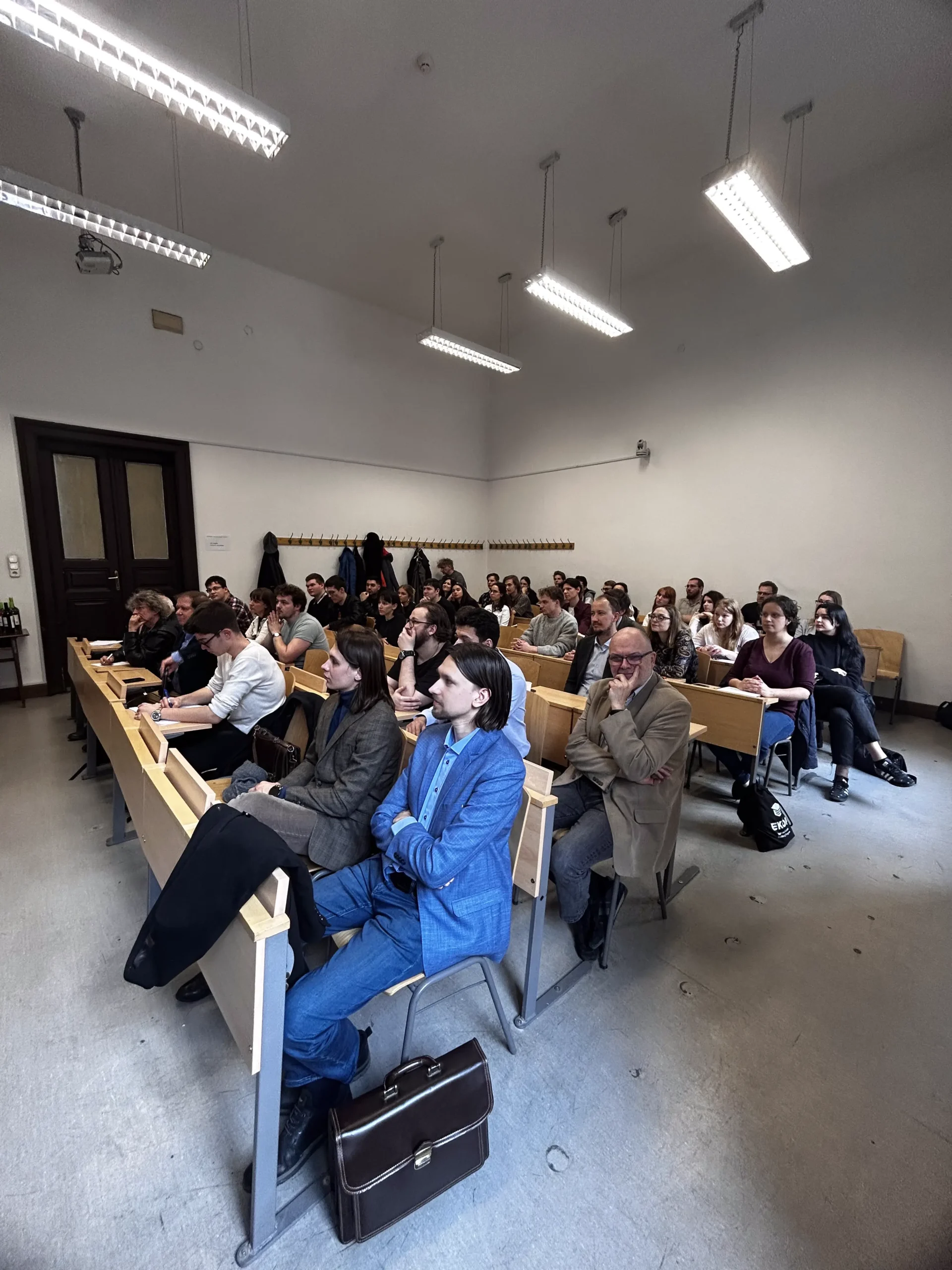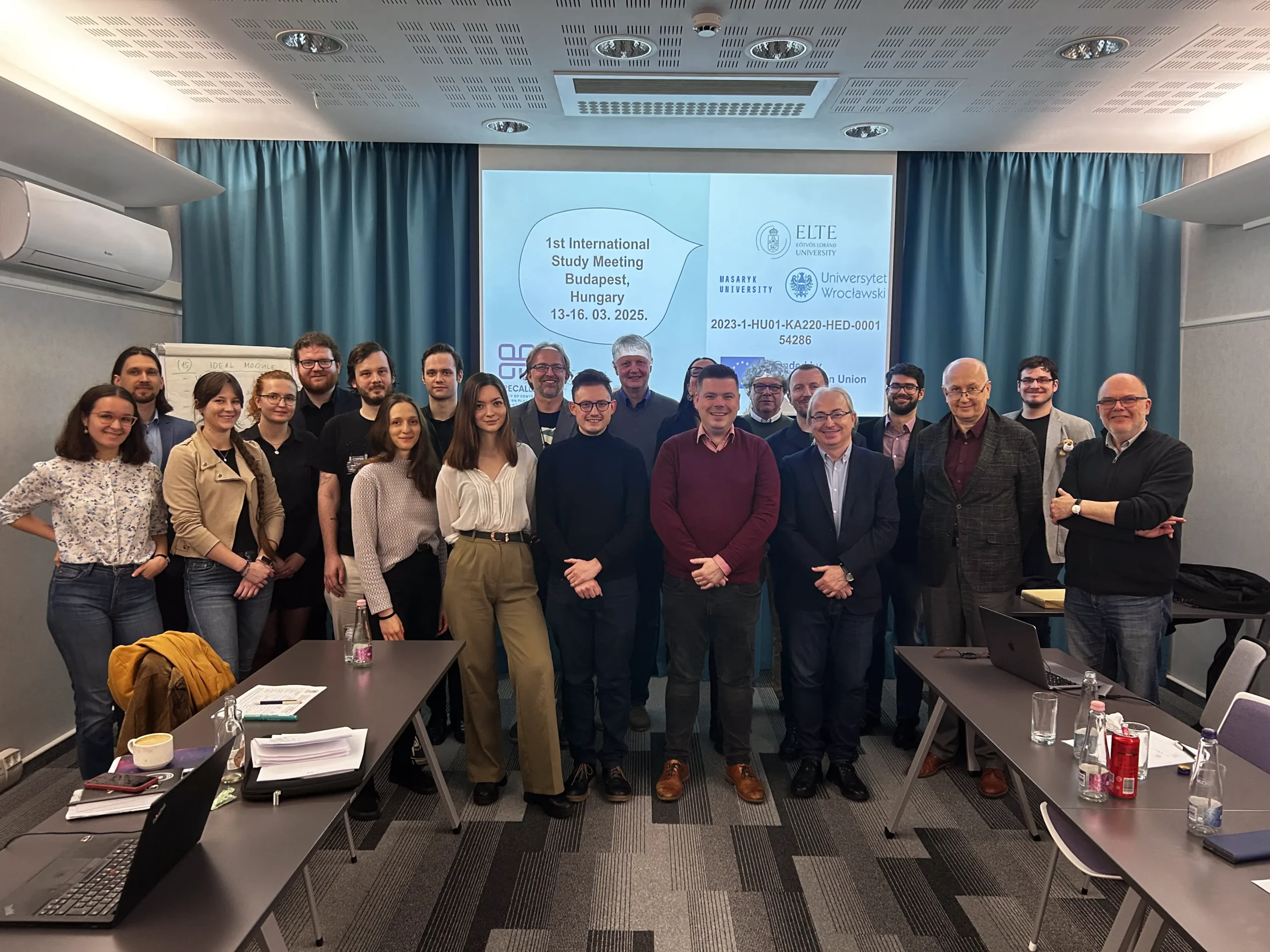Warsaw Uprising – Warsaw
Fact of the Polish figure „Ribbentrop-Molotov pact”
Part of the „The myth of national disaster” topic
The Warsaw Uprising started on August 1, 1944 and lasted for 63 days. It was a dramatic uprising undertaken by the commanders of the Home Army – Armia Krajowa (AK) under pressure from below and in the face of the approach of Red Army troops to Warsaw. The main intention was to liberate the capital and welcome the Soviets in, acting as the actual hosts of Warsaw.
The uprising began at 5 in the afternoon – W Hour. The insurgents occupied a number of strategic points in Warsaw during the first stage of the uprising, acquiring considerable amounts of armaments, which eventually began to be dramatically in short supply anyway. Contributing to this was the attitude of Joseph Stalin, who kept his troops on the outskirts of Warsaw and did not allow British and American planes carrying supplies to the fighting Warsaw to access the airports.
In the end, the insurgents found themselves on the defensive pushed back by well-stocked (including armored weapons) German troops, supported by Waffen – SS units composed of residents of the Soviet republics. The SS troops committed horrific atrocities by murdering tens of thousands of defenseless civilians.
The Germans, after the capitulation of the uprising, proceeded on Himmler’s orders to systematically destroy the Polish capital. As a result of these actions, not only the city was destroyed, but also a large part of the Polish national heritage, including archives,
The deed of the fighting Warsaw was perpetuated in the Polish consciousness through the memoirs of the insurgents, second-circulation literature during the communist dictatorship and, later, through cultural works such as the film City 44, annual commemorations and numerous exhibitions. The Swedish music band Sabaton commemorated the Warsaw insurgents in their song, „Uprising.”





